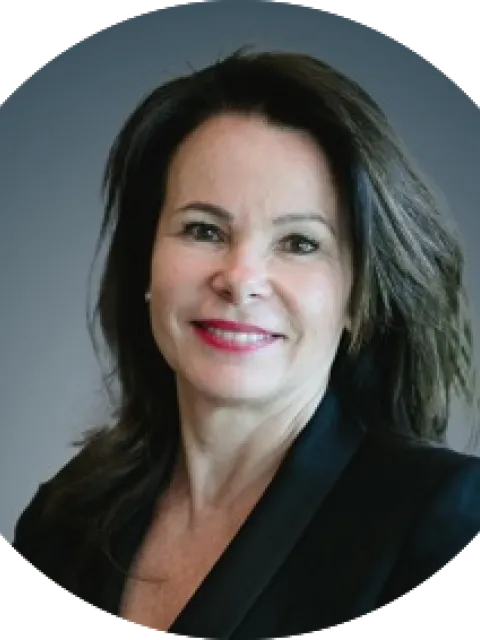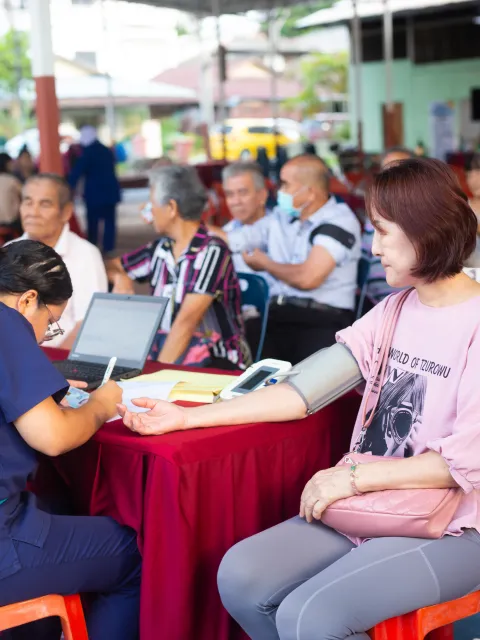Changing the public policy of fighting cancer in Brazil

As a volunteer president of the Brazilian Federation of Philanthropic Institutions for Breast Health Support (FEMAMA), I can see that social mobilisation and unity create possibilities for changes in this scenario. FEMAMA gathers more than 70 NGOs across Brazil to influence public health policies in the country. Over the years, together with our associated NGOs and institutional partners, we have developed activities that aim to provide information for the formulation of public policies, raise awareness of the population and also support patients with breast cancer.
In order to act effectively on a path of change, we needed support. For this reason, in 2016, we applied for a SPARC MBC Challenge grant in the “policy and health system gaps” category. This programme aims to provide support to train advocacy groups, hospital networks and other non-profit organisations to meet the specific needs of patients with metastatic breast cancer worldwide.
We found through the SPARC programme a way to reach an even larger number of parliamentarians, seeking to engage several states in the country to promote access to metastatic breast cancer treatment. We have held 13 debates with parliamentarians, of which five were made possible with the support of the SPARC grant.
Our journey with the SPARC top-up grant
In 2018, two years after the parliamentary debate rounds, I received some great news: we were selected as winners of a SPARC top-up grant, and received additional funding to continue our project. During the year, nine public hearings were organised to see the changes and impact on patients since the first parliamentary hearing held in 2014.
The project had already provided results, such as the incorporation of trastuzumab[1] and pertuzumab[2] free of charge for the treatment of metastatic breast cancer into the public health system (Sistema Único de Saúde in Brazilian Portuguese, SUS), but it was clear that much remained to be done. The support provided by SPARC through the top-up grant was crucial to keep the discussions going. In the new public hearings that were held, we demanded that the states put the federal government under pressure for the effective distribution of the mentioned drugs. We also we put in discussion the approval of the following bills: PL 8470/2017[3], which establishes compulsory registration of cancer in Brazil (the legislation made it mandatory to register any cancer-related event nationally to improve statistics on the disease and have more accurate numbers about it), and PLC 143/2018, known as the “30 Day Law”, which is awaiting voting in the Senate plenary[4].
In addition to contributing to the promotion of access to adequate treatment, early diagnosis and relevant data on cancer in Brazil, the support from both the top-up and the initial funding offered by SPARC contributed to the development of the potential for articulation and action for advocacy of FEMAMA’s associated NGOs. Some of the NGOs had never had the opportunity to hold a public hearing or similar event in state legislative houses, but through the project, the representatives received toolkits and guidelines for the development of these types of actions. Today, they are able, on their own initiative, to mobilise the state legislature to act alongside their interests.
We learned together valuable lessons. An example is how the organisation of toolkits allows the standardisation of the pieces of communication, key messages and methodology of organisation of the event - this is important for events that anticipate several results and further actions, organised by different NGOs. Another example is the flexibility of the event's schedule to include the specific interests of each locality - there are few opportunities for institutions to meet with representatives of the legislature, so they should be taken advantage of.
Challenges
We still have a long way to go: FEMAMA continues to strive for some of the project's accomplishments to be realised. Although incorporated into the SUS, the distribution of trastuzumab and pertuzumab are often interrupted and patients in some regions cannot access these medicines. The 30 Day Law still needs to be approved by the Senate plenary, and people with a diagnosis of cancer end up having late confirmation of the disease, which decreases the chances of survival.
When it comes to pressure on public policies, I think it is important to emphasise the effort that FEMAMA put on this top-up project. It required a lot of work before, during and after it. That's why organisation is key: charting and focusing on a single goal is an important step in passing the guidelines, building your support network, and ultimately monitoring results.
Last update
Friday 20 September 2019Share this page


